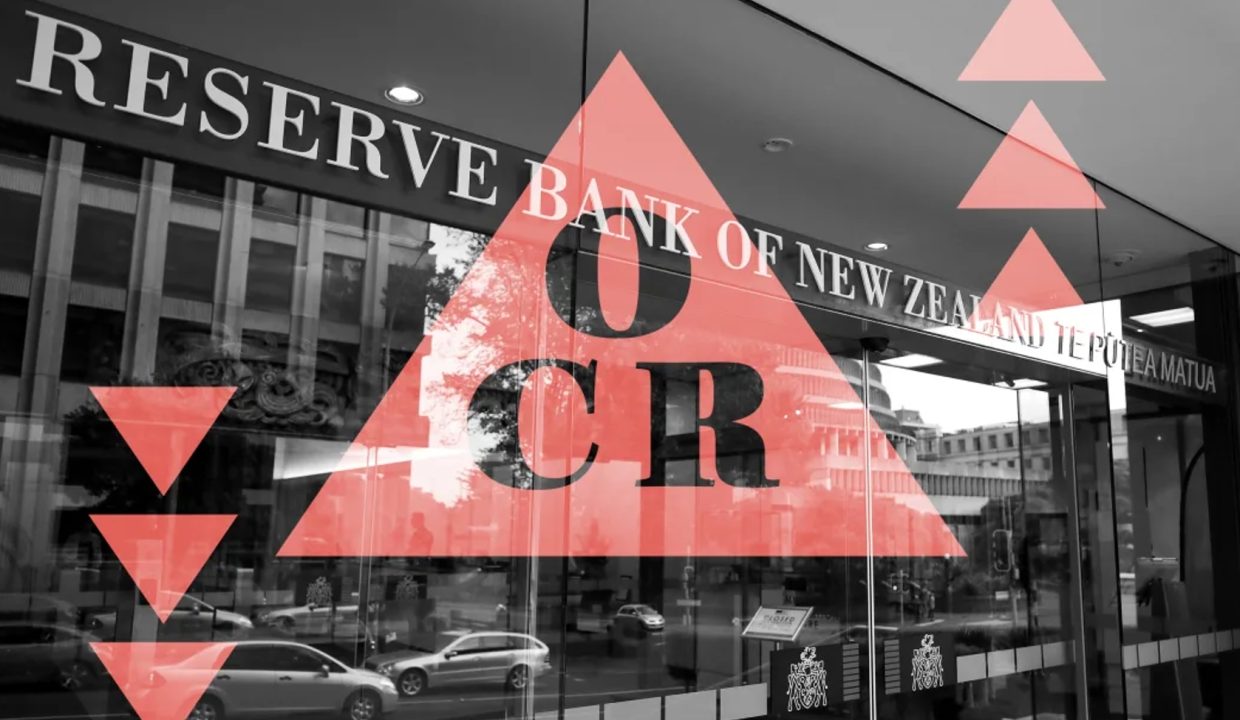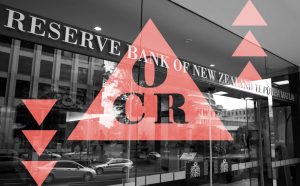
주택담보대출 금리 하락에 따른 OCR 재조정
OCR down again as mortgage rates set to keep falling

‘Commentary from Kelvin Davidson, CoreLogic NZ Chief Property Economist’
Leading up to today’s official cash rate decision, there were equally strong cases for either a 0.25% or 0.50% cut, with the Reserve Bank ultimately opting for the latter. This seems to reflect a new focus on the ‘real time’ economic indicators (such as falling employment) and the potentially growing risk that weak activity causes inflation to undershoot the 1-3% target before too long, rather than staying stubbornly above it.
Given this was an ‘interim’ Monetary Policy Review (as opposed to the full Monetary Policy Statement), the commentary attached to the decision was always likely to be fairly brief and that proved to be the case. There’s a sense in the Reserve Bank’s commentary that they feel a need to act fairly quickly to get monetary policy back towards a more neutral setting (or even stimulatory), rather than the restrictive territory it’s been in for quite some time now.
Overall, the OCR is now clearly on a steady downward path. In terms of the housing market impacts, the key point is that mortgage interest rates are likely to continue to drop too. This could easily produce a short-term lift in confidence and a more active housing market as we hit the normal Spring uplift anyway.
However, although house prices may well stop falling in the near future, there are also plenty of reasons why they are unlikely to surge upwards either. For a start, housing affordability remains stretched, and elevated listings are certainly putting finance-approved buyers in a strong position when it comes to price negotiations.
But perhaps the most important restraint right now is the labour market. Job losses themselves will tend to limit house sales and prices. But there’s also the knock-on effect on sentiment even for those people who keep their jobs but don’t feel as secure in their role as they did before. In addition, flatter wages will also tend to subdue the housing market.
Looking ahead, it wouldn’t be a surprise to see limited growth in house prices in 2025, as mortgage rates drop. But keep in mind that lower rates will simply bring forward the timing for the debt-to-income restrictions to start biting; another reason to be cautious about the speed and duration of the next housing cycle. Indeed, the DTIs are effectively an ‘insurance policy’ for the Reserve Bank in this cycle. Previously, they might have been wary of cutting too soon, at the risk of driving house prices up. But now DTIs will act to curb that growth.

주택담보대출 금리 하락에 따른 OCR 재조정
‘켈빈 데이비슨, 코어로직 NZ 수석 부동산 경제학자 의견’
오늘 발표된 공식 현금 금리 결정에 앞서, 0.25% 또는 0.50% 인하 모두 강력한 근거를 가지고 있었으나, 최종적으로 뉴질랜드 중앙은행(RBNZ)은 후자를 선택했다. 이는 실업률 증가와 같은 ‘실시간’ 경제 지표에 대한 새로운 집중과 약한 경제 활동이 1-3% 목표치를 하회 할 위험이 커지고 있다는 점을 반영하는 것으로 보인다.
이번 결정은 ‘임시’ 통화정책 검토로, 전체 통화정책 성명서와는 달리 비교적 간결한 논평이 붙어 있을 것이라는 예상이 있었고, 실제로 그랬다. 중앙은행의 논평에서는 통화정책을 보다 중립적인 방향으로 빠르게 조정할 필요성을 느끼고 있다는 인상이 있다.
전반적으로, 공식 현금 금리(OCR)는 확실히 하향세를 보이고 있다. 주택 시장에 미치는 영향 측면에서, 중요한 점은 주택담보대출 금리도 계속해서 하락할 가능성이 크다는 것이다. 이는 봄철 정상적인 활황기에 접어들면서 단기적으로 신뢰를 높이고 더 활성화된 주택 시장을 만들어낼 수 있다.
하지만 주택 가격이 가까운 미래에 하락세를 멈출 가능성이 있지만, 급등할 것 같지는 않다. 첫째로, 주택 구매력은 여전히 제한적이며, 높은 매물량이 자금 승인된 구매자들에게 가격 협상에서 유리한 위치를 제공하고 있다.
가장 중요한 제약 요인은 노동 시장이다. 일자리 손실 자체가 주택 판매 및 가격을 제한할 것이다. 또한, 일자리를 유지하고 있는 사람들조차도 이전보다 안정감이 떨어져 심리적 영향이 미칠 수 있다. 더불어, 임금 상승 둔화 역시 주택 시장을 억제하는 경향이 있다.
앞으로 주택 가격이 2025년까지 제한된 성장세를 보일 것으로 예상되지만, 주택담보대출 금리가 하락함에 따라 부채 대비 소득 제한이 적용되는 시점이 앞당겨질 수 있다. 이는 다음 주택 사이클의 속도와 지속성에 대해 신중해야 할 또 다른 이유다. 실제로, 부채 대비 소득(DTI) 비율은 이번 사이클에서 중앙은행에 대한 ‘보험 정책’ 역할을 하고 있다. 이전에는 주택 가격 상승 위험으로 인해 너무 이른 인하를 조심했지만, 이제 DTI는 그 성장을 억제하는 역할을 할 것이다.
